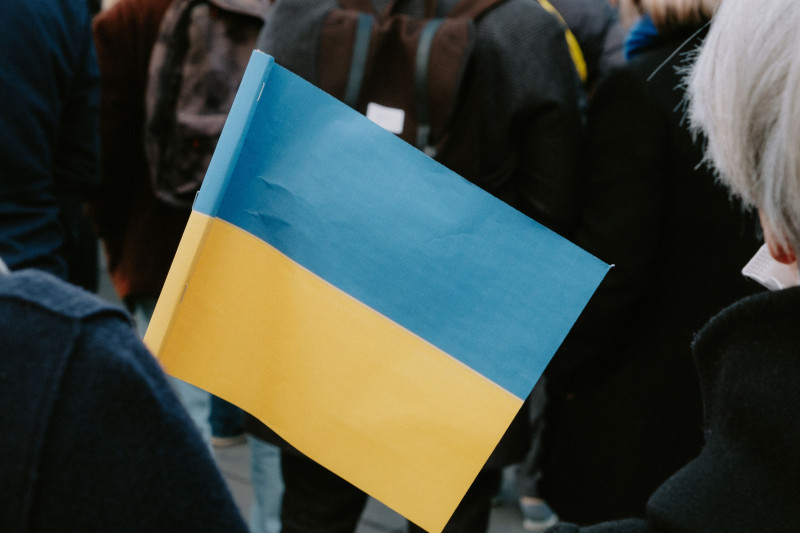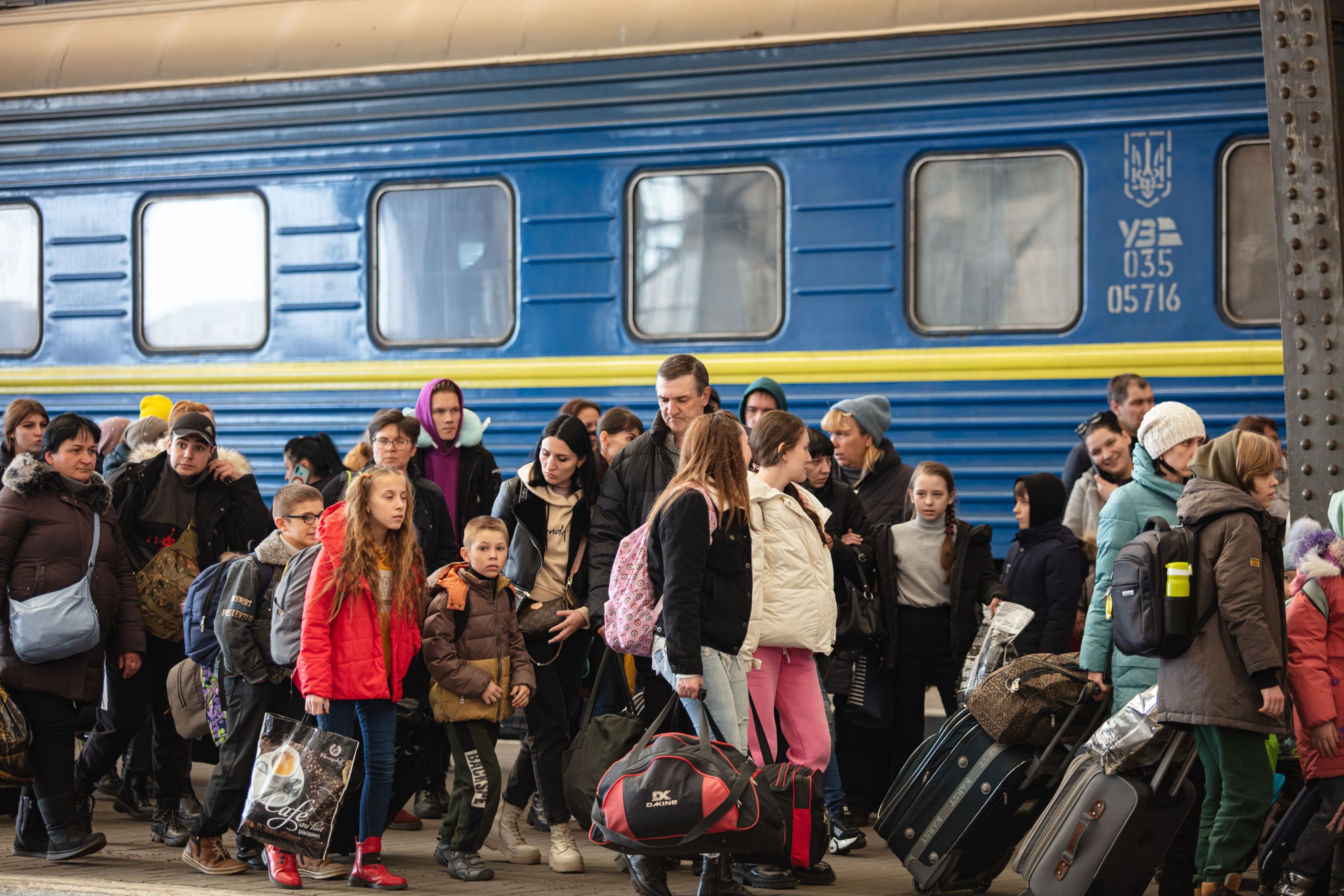9 January 2023 | Justice and home affairs, Local government and communities
Human Trafficking (and the impact of the Russian invasion of Ukraine)

Human trafficking is a serious and complex humanitarian issue that impacts individuals, families, and communities around the world. It is a form of modern slavery that exploits people for profit.
The United Nations defines human trafficking as the “recruitment, transport, transfer, harbouring or receipt of persons through threat, force, or deception for exploitation.”
Victims of human trafficking can be of any age, gender, or nationality, and someone can traffic them for a variety of purposes, including forced labour, sexual exploitation and domestic servitude. Traffickers often target vulnerable individuals, including those who are disadvantaged, have low levels of education, or lack economic opportunity.
The physical and psychological effects of human trafficking on victims can be severe and long-lasting. Besides the immediate physical and sexual violence that many victims experience, trafficking can also lead to serious health problems. These include sexually transmitted infections, mental health disorders, and physical injuries.
It is important to recognise the signs of human trafficking and to act to help victims. Signs that someone may be a victim of human trafficking include:
- They are not in control of their own identification documents or money.
- They may not come and go as they please.
- They are being held against their will or are fearful of those controlling them.
- They are being forced to engage in illegal activities.
- They are being physically or sexually abused.
- They are working long hours for little or no pay.
The vulnerability of individuals to being trafficked increases with uncertain and unstable circumstances such as conflict and wars. Human trafficking is constant but has been highlighted recently because of Russia’s invasion of Ukraine, which has forced over 3 million people to flee Ukraine to neighbouring countries. This has created a climate of instability in Eastern Europe leading to heightened risk to individuals of being trafficked.
Recent surveys have shown that almost one-third of people in Ukraine stated they would be ready to accept a risky or informal job offer abroad to escape their current circumstances thus increasing their risk of being trafficked. Europol has found an increase in suspicious online advertisements targeting Ukrainian refugees through offers of work and transportation.
Responding to the Russian invasion of Ukraine, many European countries granted visa-free access to Ukrainians. This approach was crucial to anti-trafficking efforts as it allowed those fleeing Ukraine to have rapid and easy access to healthcare, jobs, and education. Visa-free access reduces the pressure and need to go through irregular routes to escape Ukraine, where these routes increase one’s risk of being trafficked.

Former British Prime Minister Theresa May, a strong advocate for human trafficking and modern slavery legislation said, “Human trafficking destroys lives and its effects damage communities. The transport and exploitation of vulnerable men, women and children by predatory organised criminal groups is something that no civilised country should tolerate. We need to do more to stop this horrific crime.”
Yet, the UK maintained a visa requirement for Ukrainian refugees. Bowing to pressure to ‘do something’ but wanting to avoid the full cost and logistic burden of housing Ukrainians, the UK Government introduced the Homes for Ukraine visa. This allows people living in the UK to sponsor a Ukrainian national or family to live with them.
But the scheme has prompted questions about poor vetting and checks on individuals housing Ukrainians, potential power imbalances, language barriers, economic constraints, and the lack of alternatives if things go wrong. Critics of the scheme claim it is creating situations of vulnerability and potentially lead to trafficking.
The Institute of Government and Public Policy held a conference to discuss and debate Abolishing Modern Slavery and Human Trafficking in December 2022. We will continue our research and examination of this important topic in 2023.
Events

The Future of UK Immigration 2026
26 February 2026

The National Operating Theatres Show 2026
10 March 2026

The Annual Facilities Management in the Public Sector Show 2026
17 March 2026

The Future of Academies Show and Exhibition 2026
25 March 2026

The Annual Special Educational Needs and Disabilities (SEND) Conference 2026
25 March 2026
Courses

Leaders in Construction Programme - CMI Level 7
24 February 2026
6 spaces available

AI for Leaders
24 February 2026
7 spaces available

Women In Leadership
6 March 2026
-4 spaces available

Construction Leadership and Management Development Programme - CMI Level 5
10 March 2026
4 spaces available

Effective Leadership Through Emotional Intelligence - CMI Level 7 Award
17 March 2026
5 spaces available